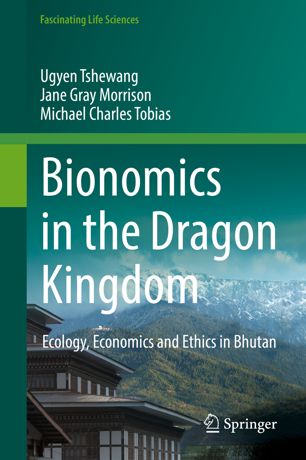

Most ebook files are in PDF format, so you can easily read them using various software such as Foxit Reader or directly on the Google Chrome browser.
Some ebook files are released by publishers in other formats such as .awz, .mobi, .epub, .fb2, etc. You may need to install specific software to read these formats on mobile/PC, such as Calibre.
Please read the tutorial at this link. https://ebooknice.com/page/post?id=faq
We offer FREE conversion to the popular formats you request; however, this may take some time. Therefore, right after payment, please email us, and we will try to provide the service as quickly as possible.
For some exceptional file formats or broken links (if any), please refrain from opening any disputes. Instead, email us first, and we will try to assist within a maximum of 6 hours.
EbookNice Team

Status:
Available5.0
8 reviewsThis compact and elegant work (equally fitting for both academic as well as the trade audiences) provides a readily accessible and highly readable overview of Bhutan’s unique opportunities and challenges; all her prominent environmental legislation, regulatory statutes, ecological customs and practices, both in historic and contemporary terms. At the same time, Bionomics places the ecological context, including a section on animal rights in Bhutan, within the nation’s Buddhist spiritual and ethical setting. Historic contextualization accents the book’s rich accounting of every national park and scientific reserve, as well as providing up-to-the-minute climate-change related hurdles for the country.
Merging the interdisciplinary sciences, engineering and humanities data in a compelling up-to-date portrait of the country, the authors have presented this dramatic compendium against the backdrop of an urgent, global ecological time-frame. It thus becomes clear that the articulated stakes for Bhutan, like her neighboring Himalayan and Indian sub-continental countries (China, India, Bangladesh and Myanmar) are immense, as the Anthropocene epoch unfolds, affecting every living being across the planet. Because Bhutan’s two most rewarding revenue streams derive from the sale of hydro-electric power and from tourism, the complexities of modern pressures facing a nation that prides herself on maintaining traditional customs in what has been a uniquely isolated nation are acute.